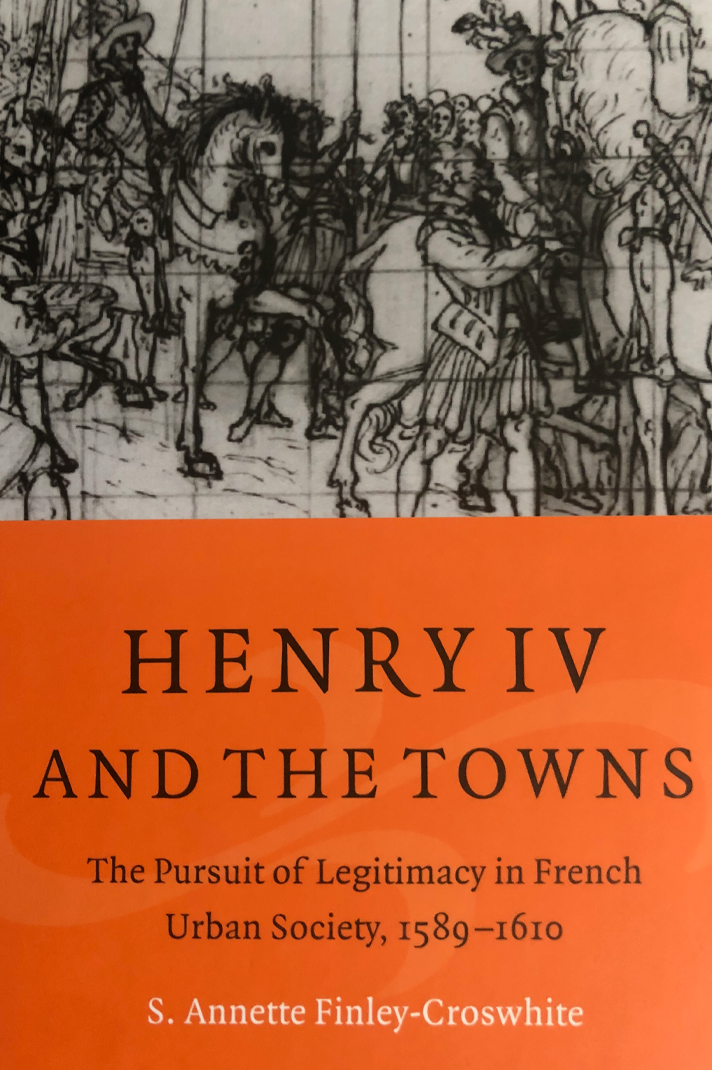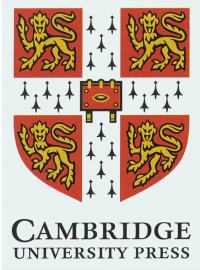Annette Finley-Croswhite, Ph.D.
Consummate scholar-teacher who is passionate about history. She loves to lose herself in time amidst old pieces of paper and photographs, the vestiges of what is left behind.
Author Bio
Annette Finley-Croswhite received her Ph.D. in early modern European history from Emory University. She is currently Professor of History at Old Dominion University. Dr. Finley-Croswhite was a 2015 Faculty Fellow of the Auschwitz Jewish Center in Oświęcim, Poland and is the recipient of many grants and awards. She is the author of three books: Henry IV and the Towns: The Pursuit of Legitimacy in French Urban Society (Cambridge University Press, 1999 and 2001); Murder in the Métro: Laetitia Toureaux and the Cagoule in 1930s France, co-authored with Gayle K. Brunelle, (Baton Rouge: Louisiana State University Press, 2010 and 2012); and, Assassination in Vichy: Marx Dormoy and the Struggle for the Soul of France, co-authored with Gayle K. Brunelle (Toronto: University of Toronto Press, 2020). She has published numerous peer-reviewed articles and book chapters as sole author and with others inclusive of: “Creating a Holocaust Landscape on the Streets of Paris: French Agency and the Synagogue Bombings of October 3, 1941,” co-authored with Gayle K. Brunelle. Holocaust and Genocide Studies, 33, no. 1 (Spring 2019): 60-89. Her current research is focused on a book project entitled Esther’s Shadow: Legacies of Holocaust Memory in France. The book retraces the life of Esther Fersztenfeld (1926-1942), a French teenager who died in the Shoah and that of her parents, Solomon and Dvorah. It offers an assessment of the complicated history of French memory of the Shoah as well as introspective thoughts on what historians do to recover the past. Dr. Finley-Croswhite is a writer and historical consultant to film and script projects in France and the United States and can be seen in “Le crime mysterieux,” part of the television series, “Les crimes presque parfaits” shown on the Planete + Justice Channel in France. This episode was the 2011 season opener of the popular series and received a five-star critical rating. Dr. Finley-Croswhite resides in Norfolk, Virginia.




